Become a member: Subscribe
Pushback of the Week
Justice Clarence Thomas Rebukes the “So-Called Experts”
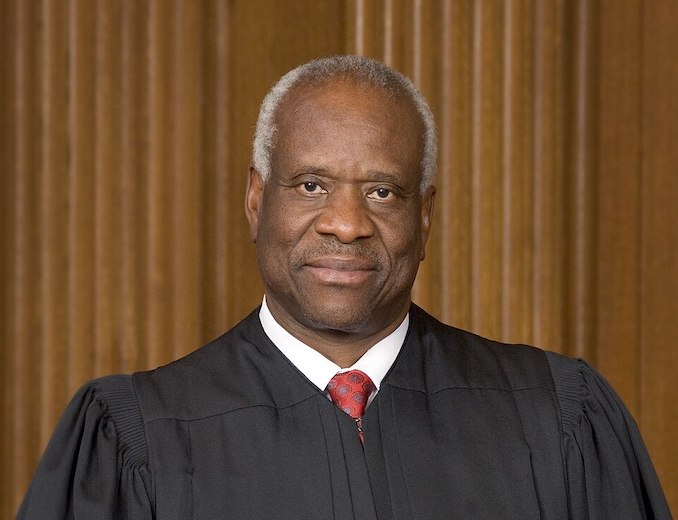
“The United States and the dissent have described these medications and procedures as ‘gender-affirming care….’ But, that ‘sanitized description’ obscures the nature of the medical interventions at issue.”
~ Justice Clarence Thomas in United States v. Skrmetti
Pushback of the Week, July 6, 2025
Justice Clarence Thomas Rebukes the “So-Called Experts”
In 2023, Tennessee enacted Senate Bill 1: Prohibition on Medical Procedures Performed on Minors Related to Sexual Identity. Activists sued, and the case made its way to the Supreme Court.
On June 18, 2025, in United States v. Skrmetti, the court held (6-3) that “Tennessee’s law prohibiting certain medical treatments for transgender minors is not subject to heightened scrutiny under the Equal Protection Clause of the Fourteenth Amendment and satisfies rational basis review” (the lowest level of judicial scrutiny for constitutional questions). As Jeff Childers at the Coffee & Covid 2025 blog summarizes, states like Tennessee welcome the decision as “a green light for [them] to regulate—or even outright ban—so-called ‘gender-affirming care’ for minors, with far less constitutional risk.”
Characterizing the decision as “legally tectonic,” Childers took delight in Justice Clarence Thomas’s special concurrence opinion, suggesting that Thomas may have “relish[ed] the opportunity to take ‘experts’ to the woodshed for a ‘quick meeting.’” Thomas joined the Supreme Court over three decades ago, in October 1991.
In Section II of his concurrence, Justice Thomas took issue with the plaintiffs’ argument “that courts should defer to so-called expert consensus.” Variously referring to experts as the “expert class,” “so-called experts,” “alleged experts,” “self-proclaimed experts,” and holders of “elite sentiment,” Justice Thomas outlined four problems with “appealing and deferring to” their authority:
- “[S]o-called experts have no license to countermand the ‘wisdom, fairness, or logic of legislative choices.’”
- “[T]here is no medical consensus on how best to treat gender dysphoria in children.”
- “[N]otwithstanding the alleged experts’ view that young children can provide informed consent to irreversible sex-transition treatments, whether such consent is possible is a question of medical ethics that States must decide for themselves.”
- “[T]here are particularly good reasons to question the expert class here, as recent revelations suggest that leading voices in this area have relied on questionable evidence, and have allowed ideology to influence their medical guidance.”
Most deliciously, Justice Thomas cast the case “as a useful reminder that the American people and their representatives are entitled to disagree with those who hold themselves out as experts.” He also sternly noted—citing the example of the Court “thr[owing] its prestige behind the eugenics movement” in its 1927 Buck v. Bell decision endorsing forced sterilization—that “when this Court has nonetheless given exalted status to expert opinion, it has been to our detriment.”
In our current historical moment of rising technocracy and rule by experts, Thomas’s words provide a timely and refreshing form of pushback.
Log in or subscribe to the Solari Report to enjoy full access to exclusive articles and features.
Already a subscriber?



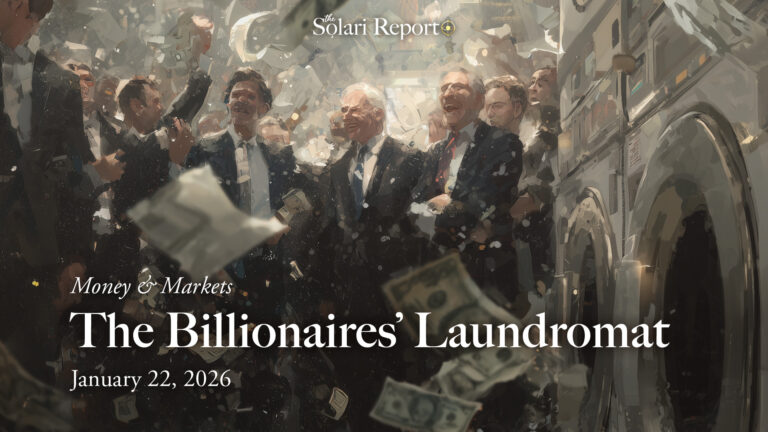

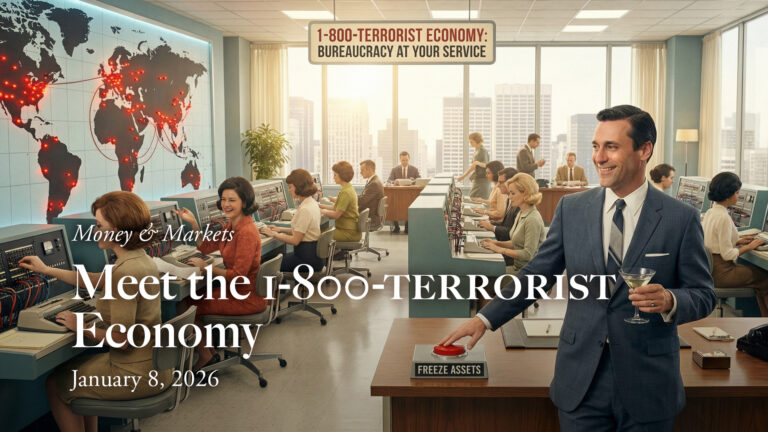
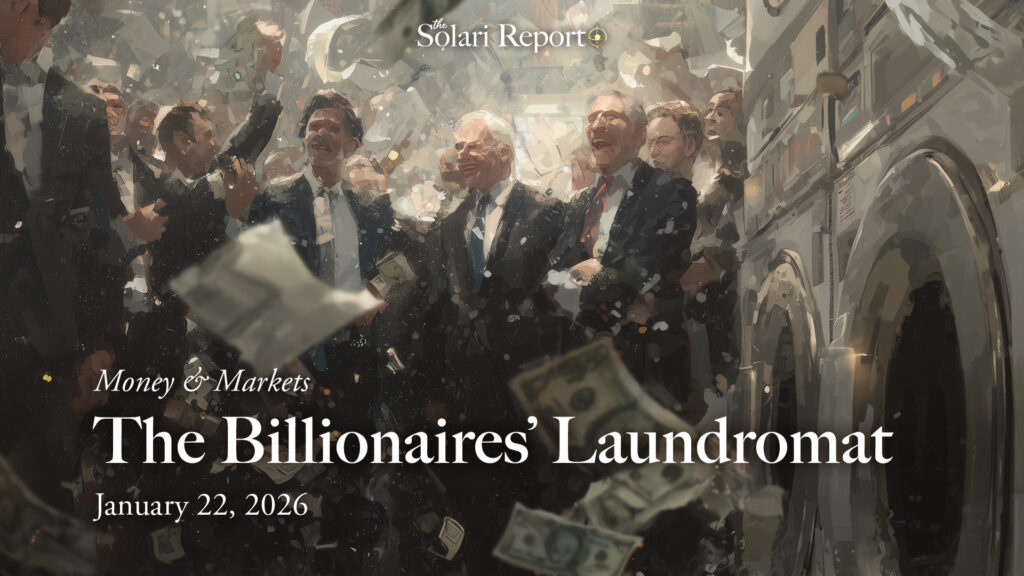

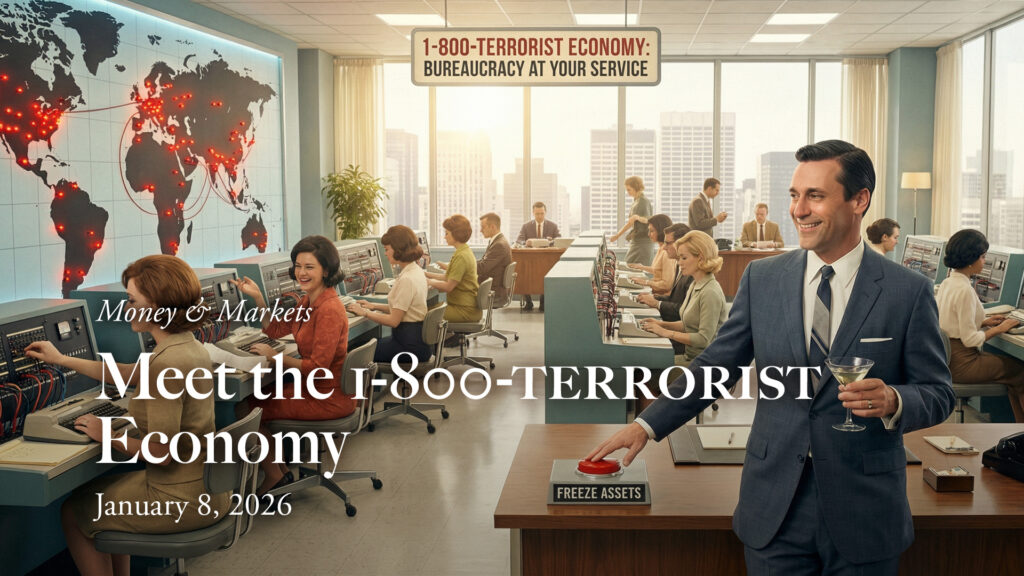
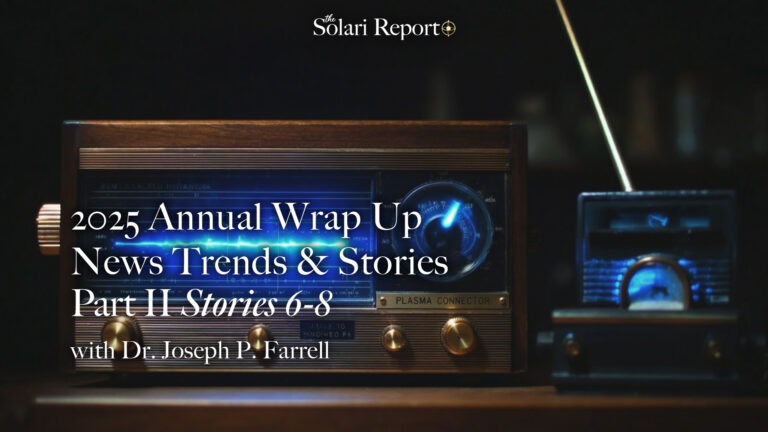
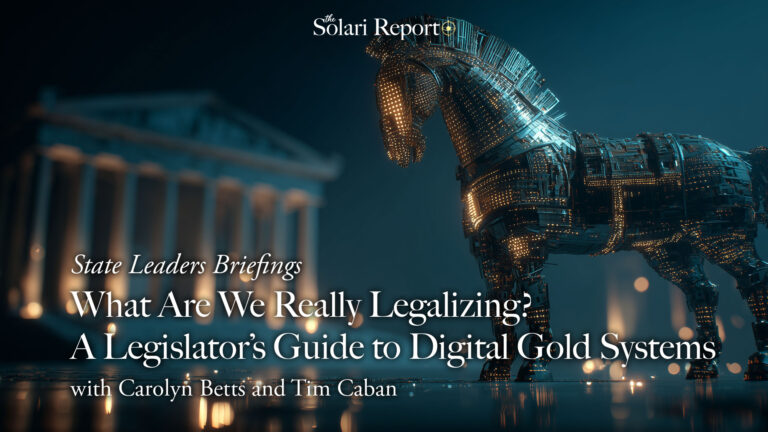
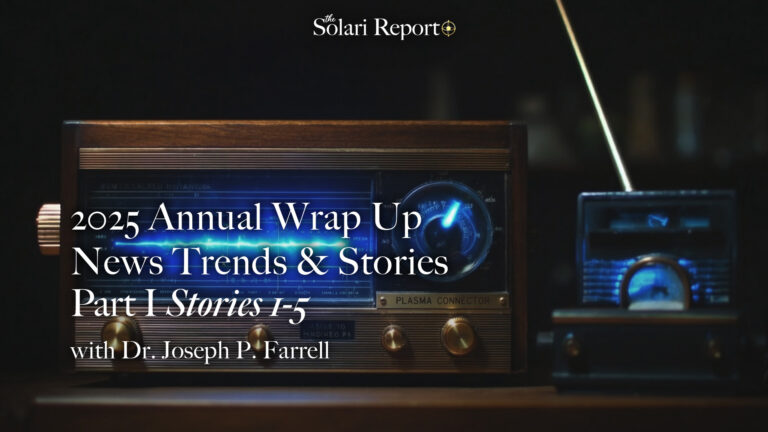



























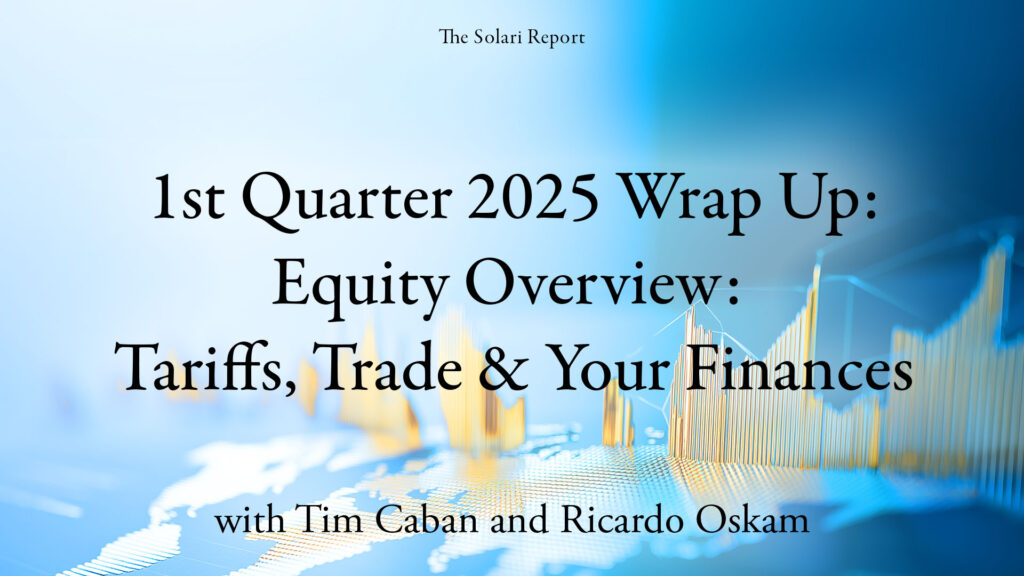










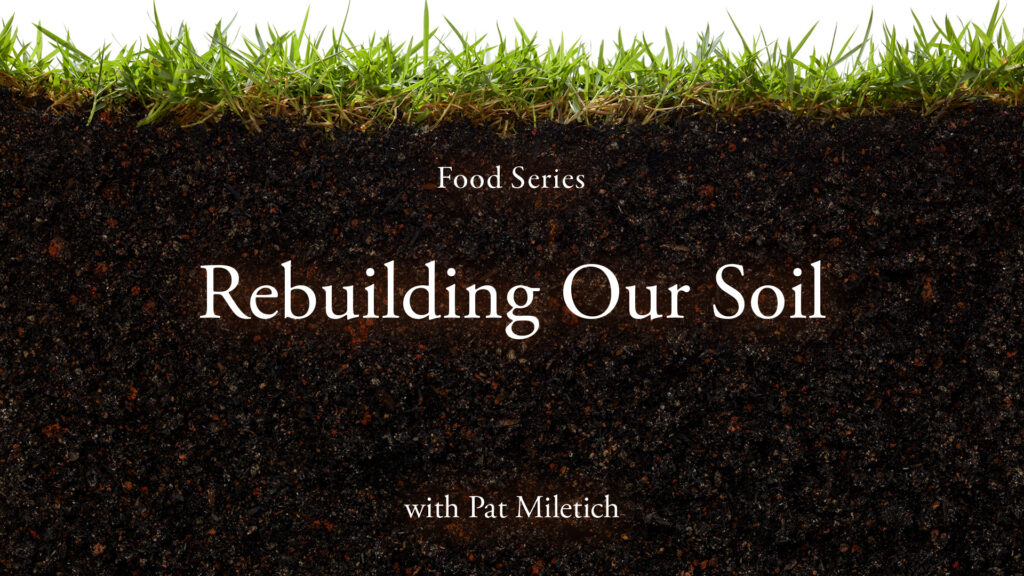






























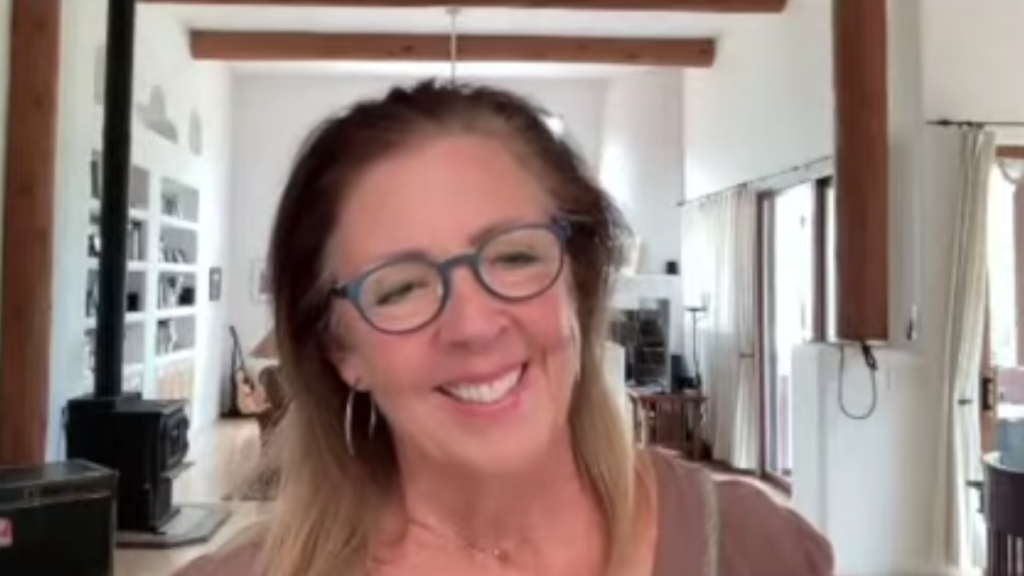
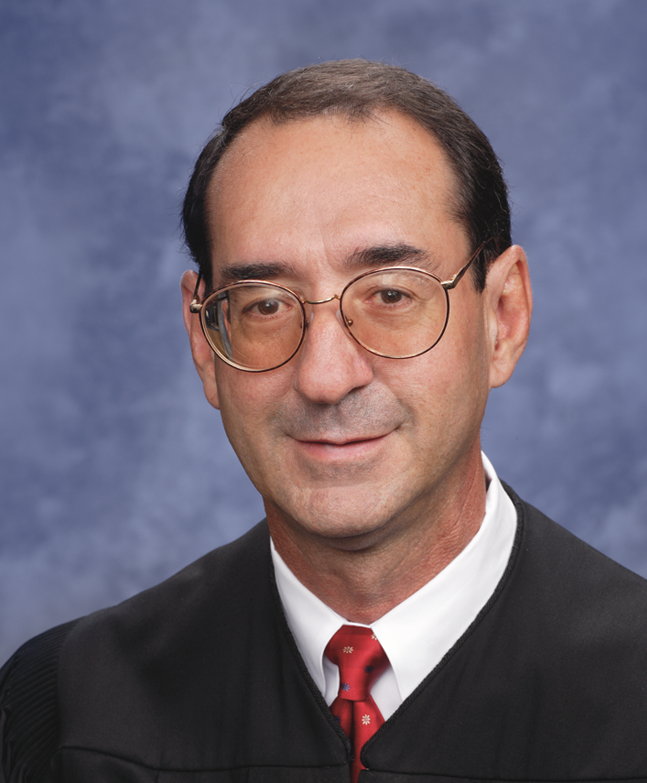
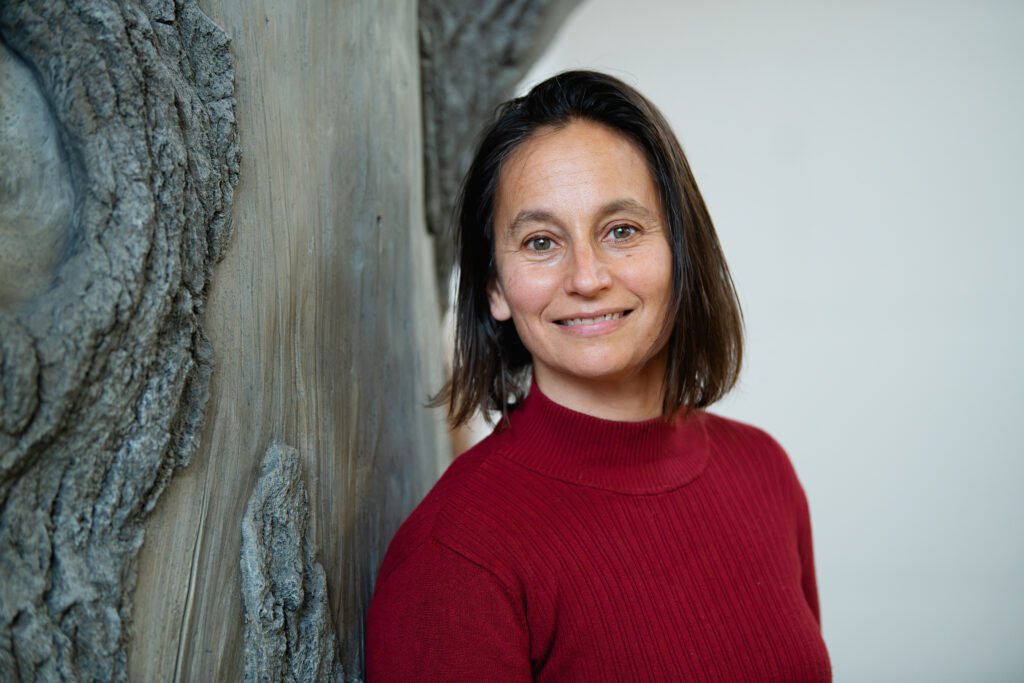

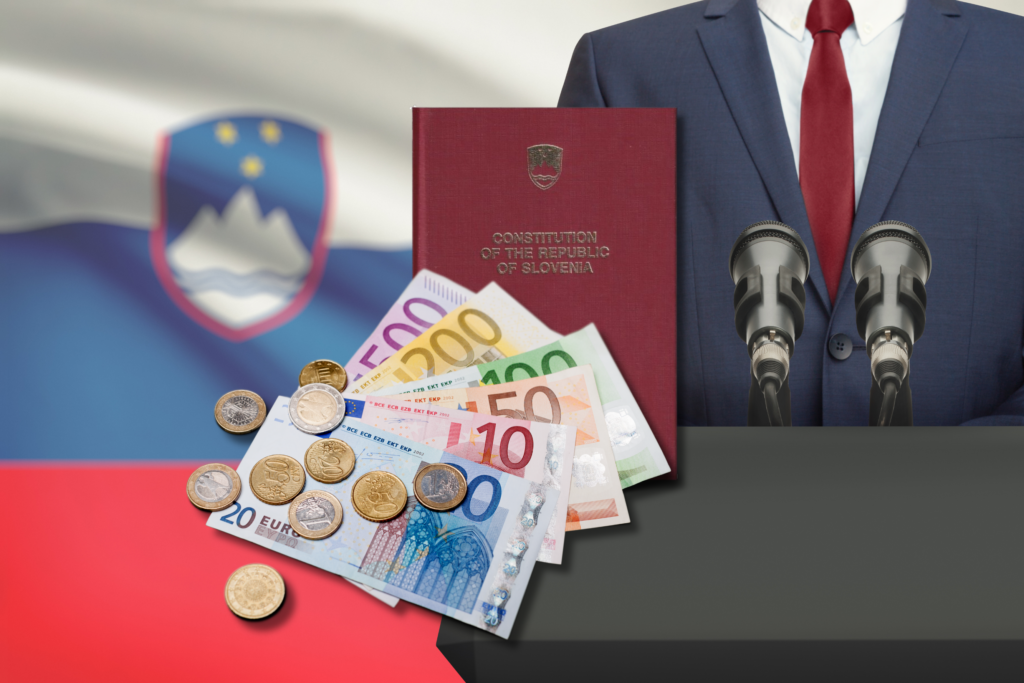
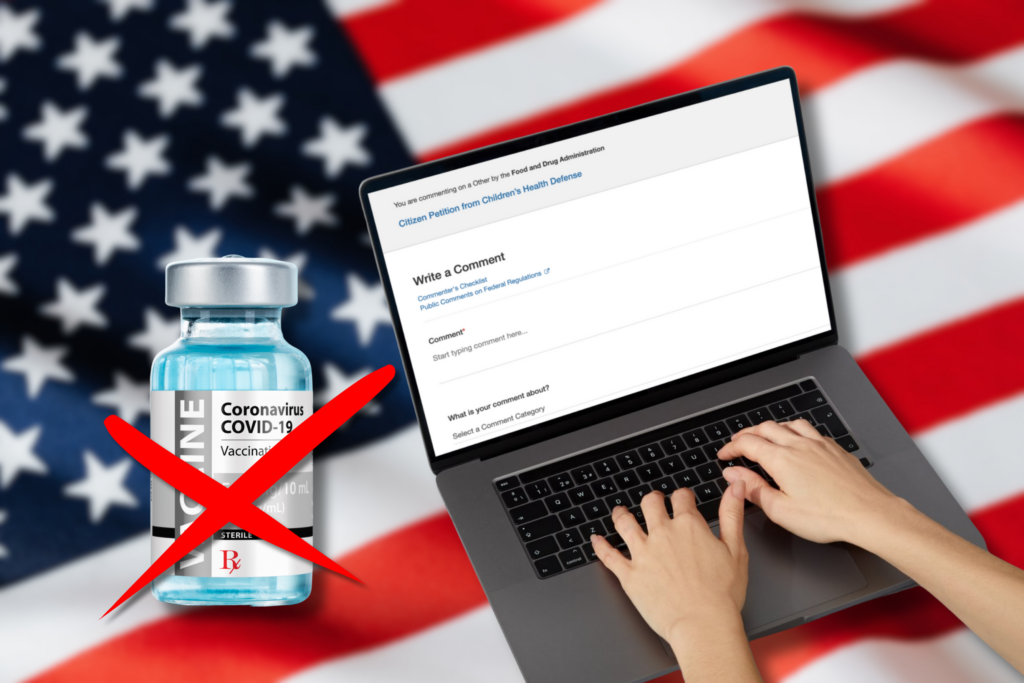
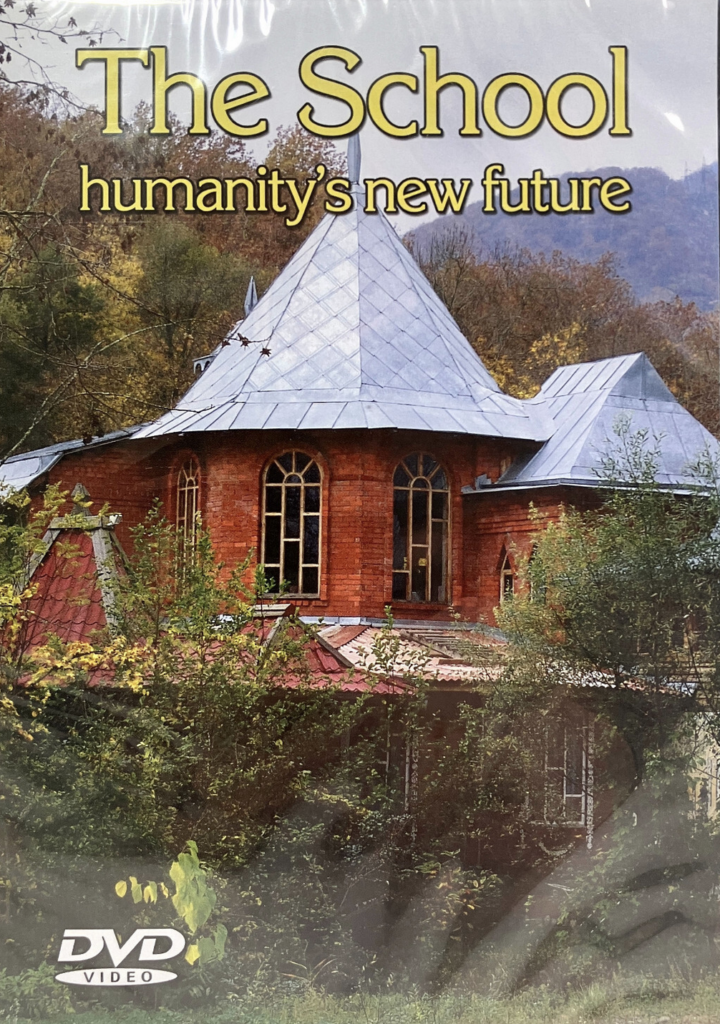

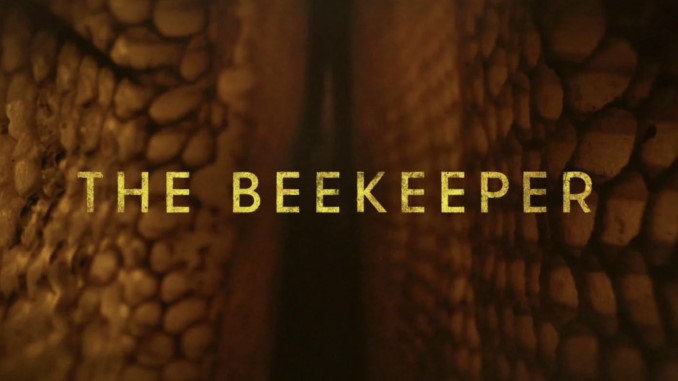



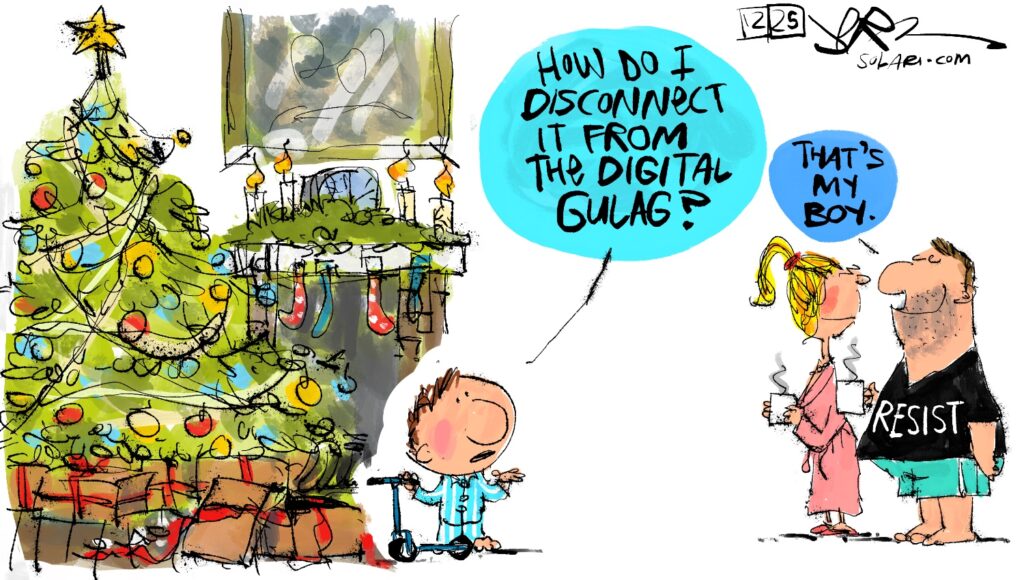
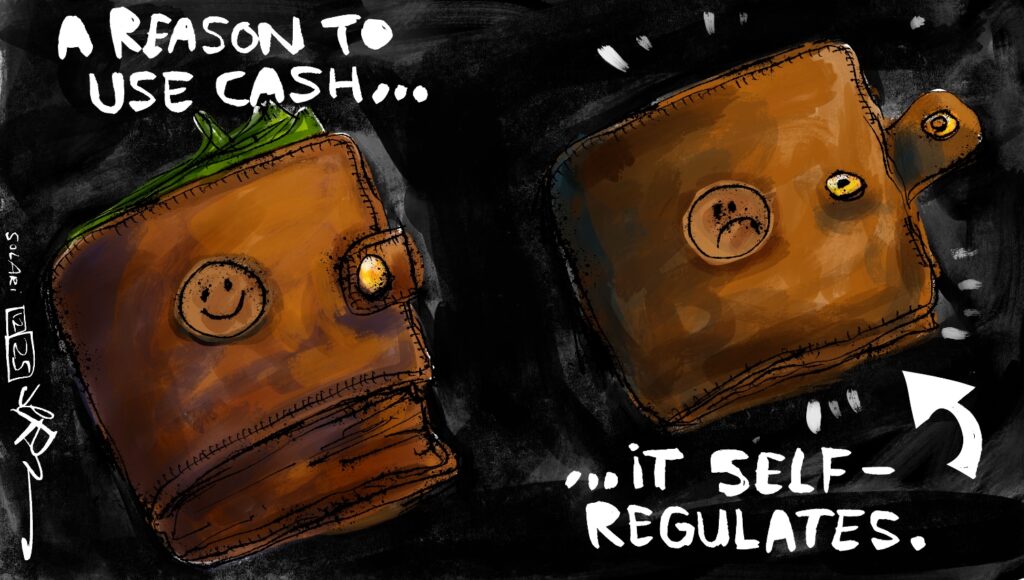























Thank you Justice Thomas.